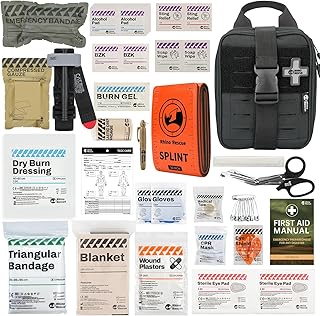In the realm of global health, the Sudan conflict and refugee crisis have taken center stage, as highlighted in the Multi-country External Situation Report #9 spanning January to February 2025.
During this reporting period, the dire situation in Sudan has led to more than 12.9 million individuals being internally displaced, marking the largest such displacement globally. Additionally, over 3.8 million people have sought refuge in neighboring nations like Egypt, South Sudan, Chad, Ethiopia, Libya, and the Central African Republic.
As the lead agency in the Health Cluster, the World Health Organization (WHO) plays a pivotal role in coordinating efforts among various partners to devise a strategic response to the health crisis stemming from the conflict in Sudan.
According to the Sudan Humanitarian Needs and Response Plan (HNRP) for 2025, a staggering 20.3 million individuals in the country require urgent health assistance. Within this framework, Health Cluster partners have set their sights on aiding 9.4 million of the most vulnerable individuals.
Amid this challenging landscape, the WHO Emergency Response (WRE) team has been at the forefront of addressing the health ramifications of the crisis, working diligently to provide essential support and interventions.
Expanding beyond the borders of Sudan, the repercussions of the conflict and refugee crisis have reverberated across multiple countries, necessitating a concerted regional response to mitigate the widespread impact on public health.
It is evident that the crisis in Sudan has not only triggered a massive wave of internal displacement but has also spurred a significant exodus of individuals seeking safety and respite in neighboring nations, underscoring the urgent need for a coordinated and comprehensive health response.
Given the magnitude of the crisis and the vast number of individuals in need of assistance, the WHO’s role as the lead agency in the Health Cluster is instrumental in ensuring a cohesive and effective approach to address the health needs of the affected populations.
Looking ahead, sustained efforts and collaborative initiatives will be crucial in providing essential health services and support to those impacted by the Sudan conflict and refugee crisis, underscoring the importance of a unified and coordinated response to alleviate the suffering and address the health challenges faced by millions in the region.
In conclusion, the ongoing crisis in Sudan serves as a stark reminder of the urgent need for sustained global solidarity and collective action to address humanitarian emergencies and safeguard the health and well-being of vulnerable populations affected by conflict and displacement.
📰 Related Articles
- Global Conflict Crisis: Health Workers Under Siege in War Zones
- WHO’s World Health Day 2025 Focuses on Maternal, Newborn Health
- Menstrual Hygiene Crisis Impacts Indian Schoolgirls’ Education and Health
- Menstrual Health Crisis Grips Women in War-Torn Gaza
- Menstrual Cups Pass Space Test: Vital Step for Astronaut Health






